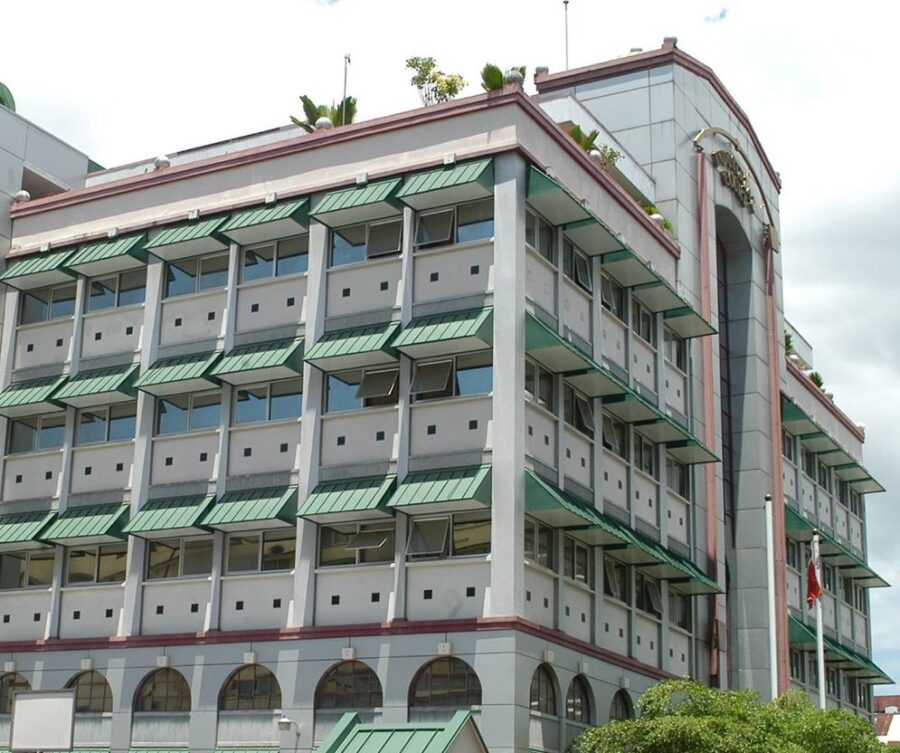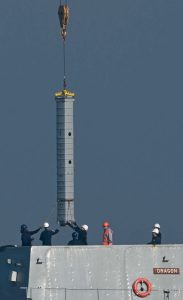By Ravi Nanga
LAST week I looked briefly at contracts of employment, and we saw that depending on the circumstances, an aggrieved person could pursue a remedy either in the Industrial Court or the High Court.
This week I propose to look in some more detail the law as it pertains to the Industrial Court.
Currently, the Industrial Relations Act prescribes what the powers of the Industrial Court are, and that Act gives the Industrial Court exclusive jurisdiction over certain matters. For example, where there is a collective agreement in place, enforcement of that collective agreement is the sole remit of the Industrial Court.
As indicated last week, the Industrial Court ensures that employers act in a manner that is in keeping with good industrial relations practice. This simply means that employers are expected to act reasonably and fairly when dealing with employees. When entering into a contract, it is expected that the terms of that employment will be reasonable and not take advantage of the employee. In the event an employer needs to discipline an employee, the employer must ensure that the process is fair.
Where a decision is taken to institute disciplinary action against an employee, the employer must follow proper procedure. This is not to say that an employer is required to act like a Court of Law, but is required to give the employee a fair opportunity to be heard. Where there is a collective agreement in place, such a collective agreement may make provision for how disciplinary action is to be administered. However, where there is no such agreement, an employer must ensure that an employee is given a fair hearing.
What a fair hearing entails will depend on the particular circumstances, but in any event should include:
- conducting a proper investigation;
- advising the employee precisely what are the charges against him, giving sufficient particulars that will allow the employee to fully understand what he is being accused of and formulate a defence;
- giving the employee the right to be heard.
Once the proper procedure is followed and the employer is of the view that the employee is guilty of misconduct, the next step is to determine the appropriate level of punishment.
Punishment can take many forms, from as simple as an oral warning up to the ultimate sanction of dismissal. Between those two extremes can be a written warning or suspension.
In the event the offence is serious enough to warrant termination, and the employer is contemplating this level of punishment, it is advisable that the employee be warned that such punishment is being considered. The conduct that gave rise to the disciplinary action will usually dictate what is the appropriate level of punishment. Employers must bear in mind that the punishment must fit the offence. If the punishment is too severe, it can give rise to a challenge.
In the event an employer fails to follow proper procedure, or an employee is of the view that the punishment is too severe, an employee is free to challenge the procedure or the punishment in the Industrial Court. It must be emphasised that in order to access the Industrial Court the employee must fall within the definition of a worker within the meaning of the Act and must be a member of a trade union in good standing at the commencement of dispute.
If there exists a dispute, the union, on behalf of the employee, should first contact the employer in order to attempt to resolve the dispute. If there is no resolution, the union will then be required to report the dispute to the Minister of Labour and Small Enterprise Development. This is in effect the commencement of the dispute and must be reported to the Minister within six months of the punishment being administered.
It must be noted that the Minister has the power to extend this six-month period where there is good reason for so doing. The Ministry will then conciliate the matter and attempt to settle the dispute.
In the event the Ministry is unable to settle the dispute, the Ministry will issue a Certificate of Unresolved Dispute to the Industrial Court, signaling the existence of a trade dispute that requires determination by the Court. From that stage the Industrial Court will manage the hearing of the dispute.
At the Industrial Court, the matter will proceed through the stage of Case Management, where certain directions will be given towards the hearing of the matter.
Depending on the nature of the dispute, if the Court is of the view that it is possible to settle the dispute, the Court can refer the matter for conciliation before one of the judges of the Industrial Court. If the trade dispute is not settled at the stage of conciliation, the matter will proceed to a hearing before three other judges of the Court. The Court will then proceed to hear the evidence and adjudicate on the matter.
If the Court is of the view that the process was somehow flawed, was harsh and oppressive and not in keeping with good industrial relation practice, the Court has the power to set aside the punishment that was administered and order damages. If there was a termination, the Court has the power to order re-instatement and award damages for wrongful dismissal. If there was a suspension, the Court can order that the wages which were lost during the suspension be paid to the employee. In the event there is a challenge in respect of the punishment only, the Court has the power to vary the punishment that was administered. In the event the Court is of the view that proper procedure was followed during the disciplinary hearing or that the punishment was fair, they can dismiss the trade dispute.
Therefore, in the event an employer is contemplating disciplinary proceedings against an employee, it is important that the proper procedure is followed. What proper procedure is can vary given the circumstances, however, it must be fair to the employee.
Ravi Nanga is an attorney-at-law.
(Please note that this article is intended only to provide general information on the topic being addressed and should not be taken as providing legal advice. In order to be properly advised it will be necessary for an attorney to examine the relevant documents and obtain the necessary instructions before properly advising as to rights and obligations).
![]()












